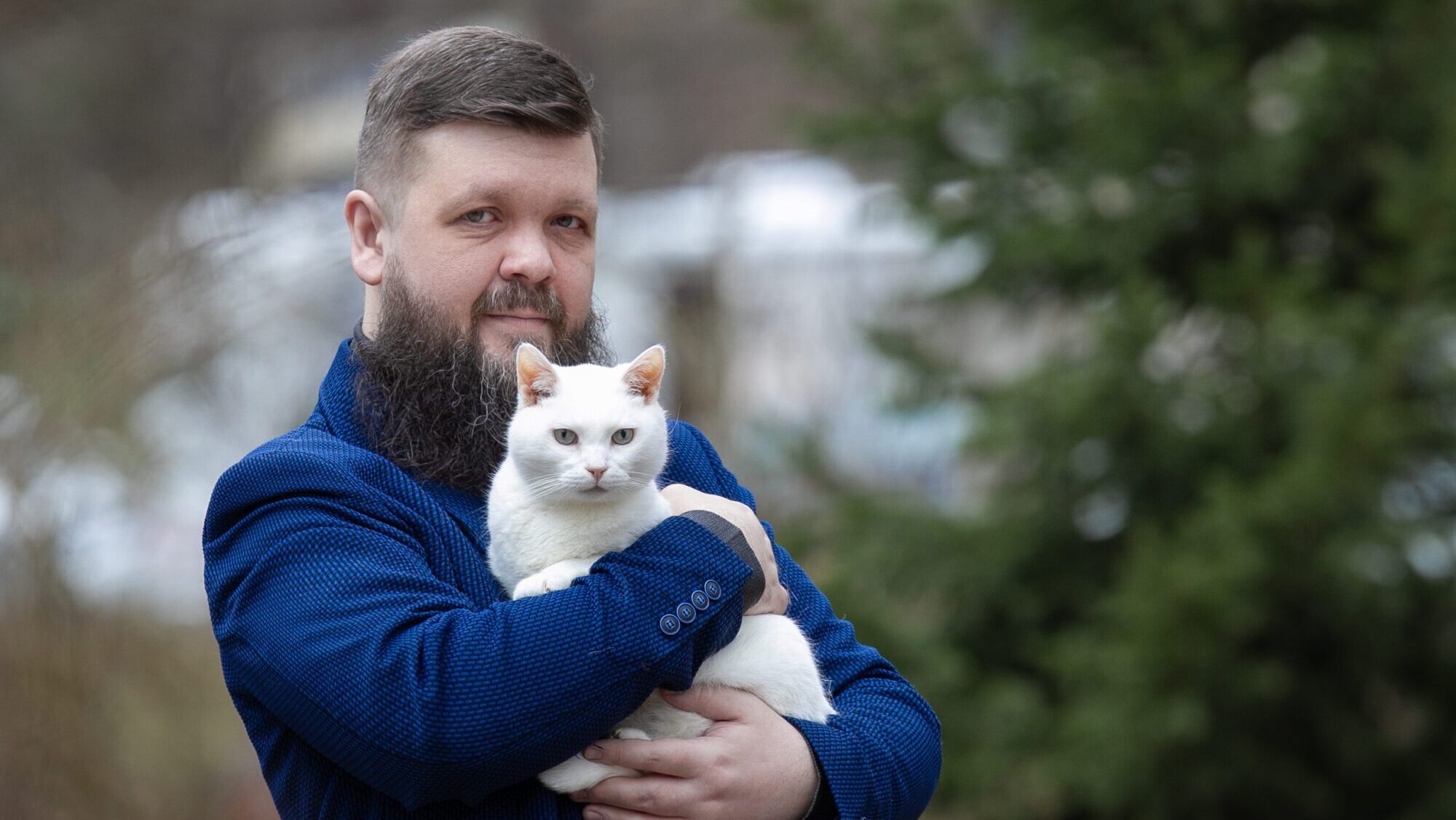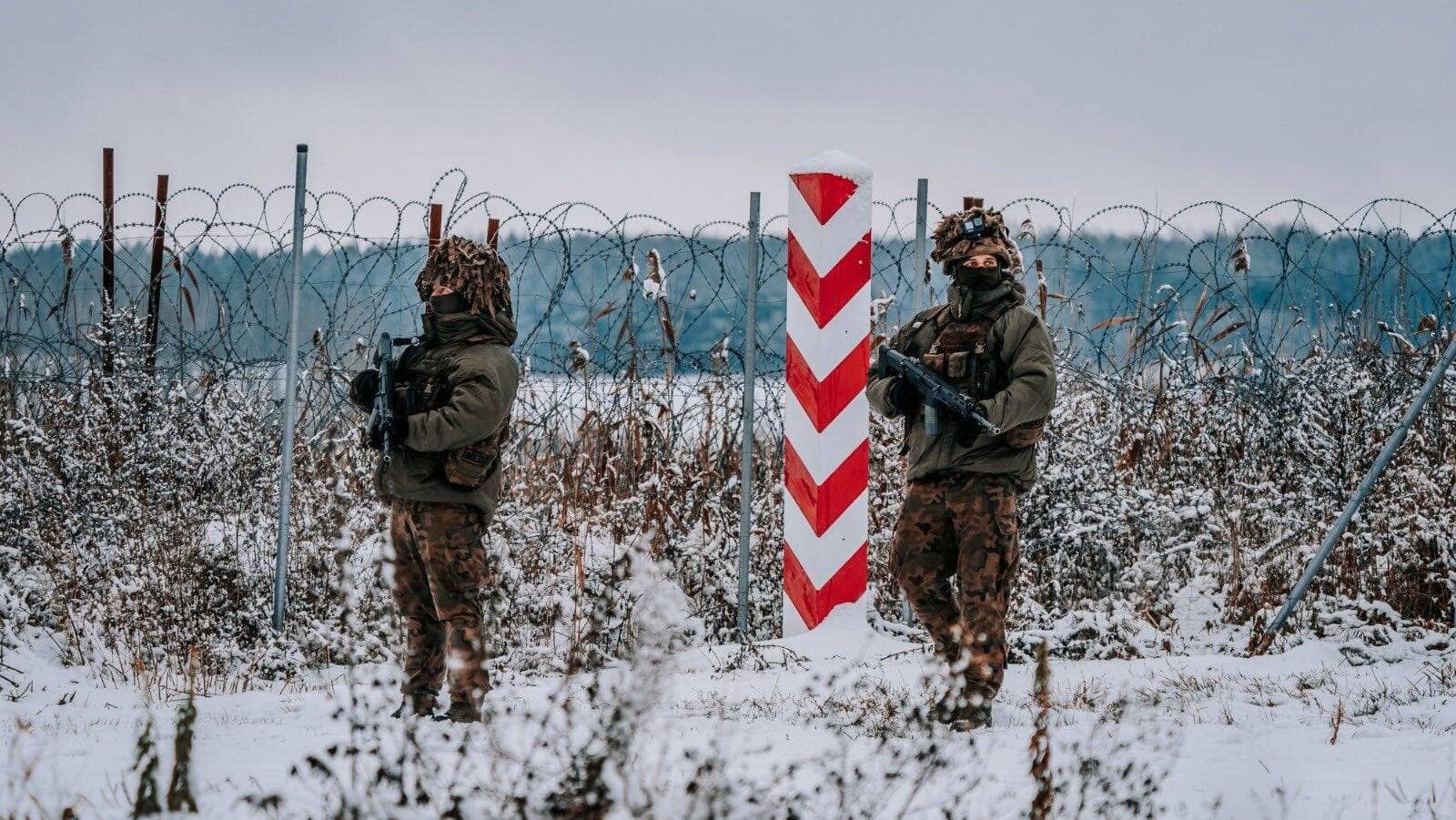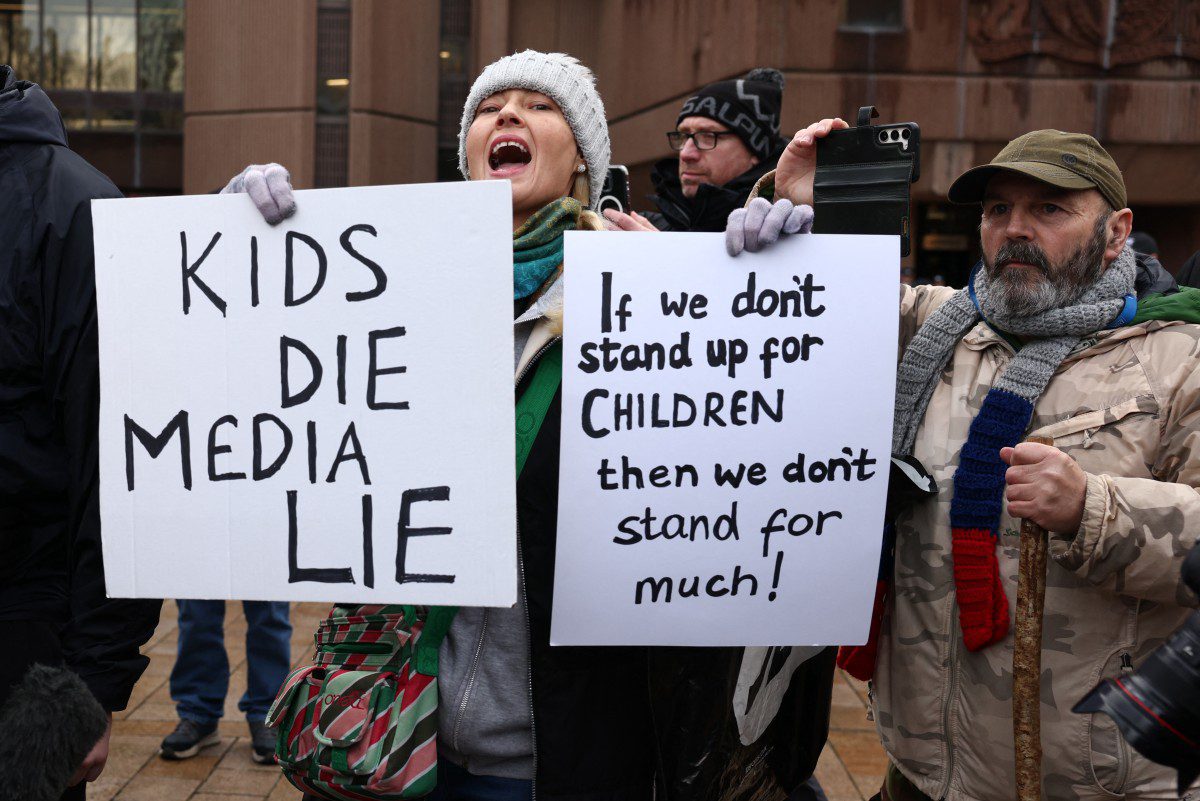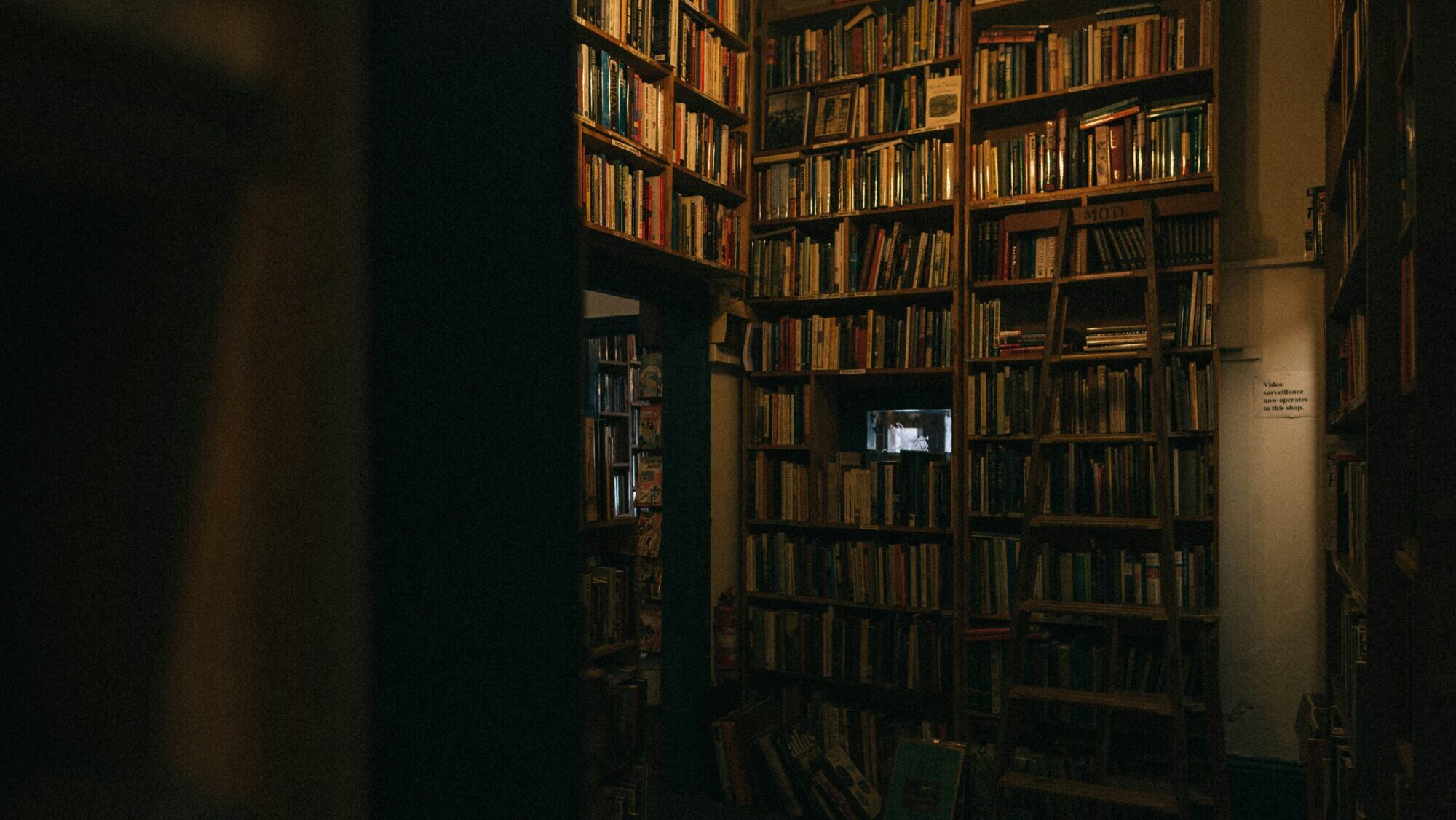Dmitriy Savvin has been a political refugee in Latvia since 2015. He heads the organization AREM (Association for the Promotion of Russian Civil Society and Support of Emigrant Russians). An Orthodox traditionalist, Savvin is an historian specializing in church history at the University of Transbalkaria He is also the author of several books in Russian and Latvian. We spoke about his latest book, Putin: Blue-Green Empire.
Your new book is a fictional novel, but at its core it is an analysis of what the Putin regime represents.
Yes; the main problem for intellectuals in Western Europe and the United States is that there is no good understanding of the true nature of the Putin regime, and very few understand the Soviet or neo-Soviet basis of the system. Therefore, I believe that Sovietology, or perhaps it would be better to call it neo-Sovietology, should be restored. My novel aims to go to the roots of Putin’s system and its nature, a neo-Soviet ideology, which at its core is derived from Marxism and its philosophy. This Marxism is very fashionable in Western Europe, and it is curious how its followers repeat that what happened in Soviet Russia had nothing to do with Marxism and was not true communism, otherwise real socialism would have been achieved and life would have been wonderful. In Russia, we know very well what communism was, but in the West there are too many naive people.
Many in the West insist that Putin’s Russia has nothing to do with the Soviet Union.
Of course, Putin’s system in the Russian Federation is not classical Marxism or communism, but it is a very dangerous mutation of that system, in which Marxism is the starting point. And this is the idea I put forward in the book, a fictional novel in which a Marxist philosopher wants to combat the errors of state ideology and create a system of analysis that will serve as a tool for Soviet planning and state development.
In order to combat the flaws of the Soviet system, the protagonist (Shardenko) creates a computer system called “Promising Installation of Tactical and Institutional Configuration,” the Russian acronym for which is PUTIN.
My first idea was to write the book as a big joke, but in the course of time it became more of a philosophical analysis of the roots of Putin’s regime. The novel is first a mockery of Soviet intellectuals, and then an analysis of the internal networks, in Soviet terminology, that spread a very simple idea of what the country was, without at any point thinking about where it was going. From there, the next step is the creation of this cyber system without any moral boundaries, where there are only two signals: “danger” and “eat.” The basis of all this is Marxist philosophy, a true materialist practice, and PUTIN would be the result of these ideas. We are talking about a transformation of this Soviet system into a neo-Soviet one, and this novel, although it is fiction, presents its roots and its current mentality.
This idea of creating a perfect machine is very Marxist. In the Soviet Union, every idea, no matter how absurd, was presented under the label of “science,” as if, because it’s science, it can’t be denied.
Yes; in the novel, I address the hybrid nature of this machine. On the one hand, we have all the technical and scientific aspects, and on the other hand, we have the communitarian side, plagued by Marxist myths. This hybrid character is a Soviet characteristic, a characteristic of the Soviet understanding of reality, and it was present in all aspects of life in the USSR. Today we can see that the policy of the Russian Federation is full of myths about the United States, NATO, and the West. The roots of these myths are in the Soviet stage and in the Marxist schools. We can see how these myths have also been a basis for the annexation of Crimea, the invasion of Ukraine, or the emergence of a second Cold War—which, unfortunately, is what we are experiencing now.
Russia is not just a dictatorship. When Tucker Carlson was with Putin, he said that he might not be a nice guy, but that Russia was not the Soviet Union, not a communist state, and that we should understand his interests and views. Carlson’s opinion is very popular in the United States and also among many European conservatives, but what Carlson fails to understand is that the Russian Federation is neither a normal state nor an “authoritarian” system. Putin’s regime is a mutation of Soviet communism, and its social and economic relations, its mentality, and its worldview come from the USSR. This is very difficult to understand for those who live in a normal society and have not known life in the USSR or one of the post-Soviet republics, but it is fundamental to understand how this mentality works. From there, from the dogmas of classical Marxism, a criminal and inhuman system was created.
We see these characteristics every day in Ukraine and also in Putin’s own army, where thousands of soldiers with virtually no military training are used as cannon fodder in mass attacks.
If we take the figures of 200,000 dead Russian soldiers as valid, we will have about 800,000 wounded soldiers; that is, we are talking about one million victims. I am from Transbalkaria, Eastern Siberia, and the population of the whole region is about one million people; Putin has destroyed the equivalent of a Russian region and has no qualms about continuing to slaughter people. That’s why it’s so important to understand the thinking of the Moscow elite if we really want to stop this. You can stop this war now, but that will not be the end. A new conflict will break out in the Baltic countries, elsewhere in the world, or in Ukraine in the future. It is an existential conflict that has nothing to do with territory or language. I live in Latvia, in an Eastern European country, and here, to some extent, they are aware of this problem. But in Western Europe, they are not immunized against it, and in universities and even in the media there is admiration for criminals like Che Guevara or Fidel Castro, or for terrorist groups in the Middle East. If we do not understand that Castro’s Cuba, Communist China, and neo-Soviet Russia are all part of the same axis, we have a serious problem.
The Baltic countries have a vivid memory of the past, but you said that they are aware “to some extent.” What do you mean by that?
In Latvia, we have a large Russian community. Unfortunately, most of them are Soviet people, so they have a Soviet mentality. As far as Latvians are concerned, we can see that in the new generations there is the same process as in Western Europe: “Free Palestine,” “From the river to the sea,” “Social justice,” etc. We must understand that the origin of Sovietism or Communism is not Russian or Chinese; the historical home of this spiritual disease is in Germany, in Central Europe, and it is a threat to all humanity. Ukraine is the front line of the new Cold War in a global conflict of a coalition of all these dictatorial systems against us. What we have to understand is that they are our enemies.




